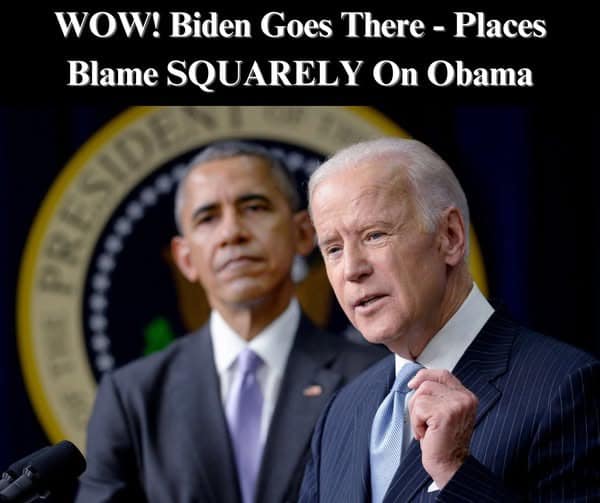In a heated exchange on CNN, anchor Jake Tapper confronted Rep. Adam Schiff (D-CA) over his previous statements regarding alleged ties between former President Donald Trump and Russia. The interview, which aired during a prime-time segment, delved into Schiff’s role in promoting claims that have since been challenged or debunked, raising questions about political accountability and the responsibility of public officials to the truth.
The Background
Adam Schiff, a prominent Democratic congressman, gained national attention as the lead impeachment manager during Trump’s first impeachment trial. As chair of the House Intelligence Committee, Schiff was one of the most vocal proponents of allegations that Trump and his campaign colluded with Russia to interfere in the 2016 election. His assertions often included references to “evidence” that he claimed justified the investigation and public scrutiny of Trump’s actions.
However, subsequent investigations, including Special Counsel Robert Mueller’s probe, failed to substantiate claims of direct collusion. Although Mueller’s report did highlight Russian interference and documented instances of obstruction of justice by Trump, it did not provide conclusive evidence of coordination between the Trump campaign and Russian operatives.
Tapper’s Line of Questioning
During the CNN interview, Tapper asked Schiff pointed questions about his past claims, particularly his repeated assertions that there was “direct evidence” of Trump-Russia collusion. Tapper pressed Schiff to explain why those claims were not supported by the findings of the Mueller report or other investigations.
“You said you had more than circumstantial evidence of collusion,” Tapper said. “But Mueller’s investigation and the Senate Intelligence Committee’s bipartisan report didn’t establish that. Can you clarify what evidence you were referring to at the time?”
Schiff, in response, maintained that his statements were based on credible intelligence that warranted investigation. He argued that while the evidence might not have met the legal threshold for criminal charges, it was important to consider the broader context of Trump’s behavior and his campaign’s willingness to benefit from foreign interference.
Public Reaction
The interview quickly gained traction online, with critics of Schiff accusing him of misleading the public and exaggerating the evidence for political gain. Supporters of the congressman, on the other hand, argued that his actions were justified given the stakes of potential foreign interference in American elections.
Tapper’s direct approach was also widely discussed, with many viewers praising him for holding a prominent politician accountable. Others questioned why similar scrutiny was not applied to other figures who played roles in the contentious political battles of the Trump era.
Implications
The exchange highlights a broader debate about accountability in the post-Trump political landscape. While Schiff and other Democrats argue that their efforts were necessary to safeguard democracy, critics contend that the amplification of unverified claims eroded public trust in government and media institutions.
This moment underscores the ongoing tension between the media’s role in challenging public officials and the partisan dynamics that can complicate those efforts. As the 2024 election cycle approaches, the legacy of the Trump-Russia investigation remains a divisive topic, shaping the strategies and narratives of both political parties.
Conclusion
Tapper’s grilling of Adam Schiff is a reminder of the importance of transparency and accountability, regardless of political affiliation. As public discourse continues to navigate the fallout from the Trump presidency, interviews like these serve as a critical tool in evaluating the actions and rhetoric of those in power.
